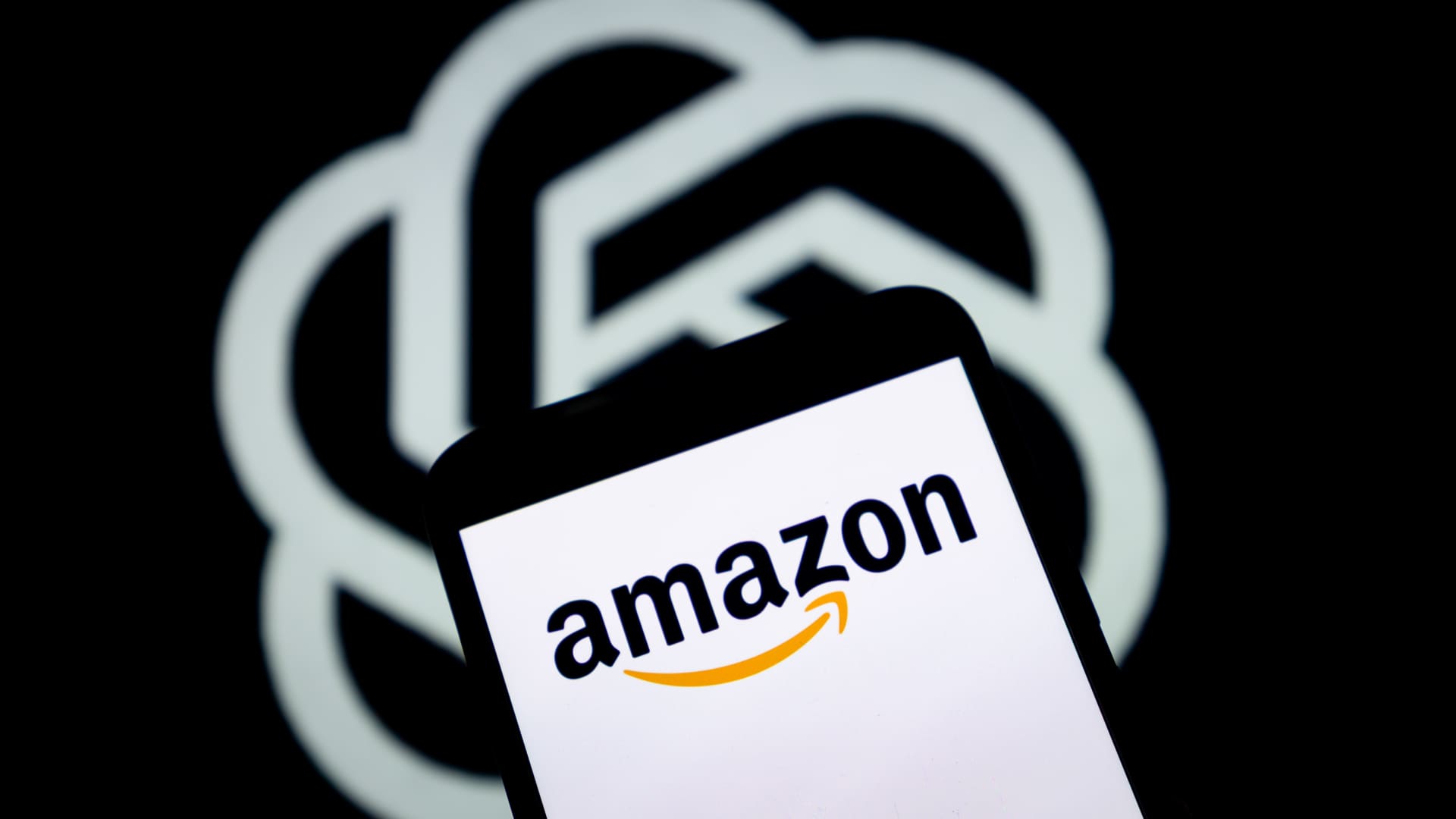CFOTO | Future Publishing | Getty Images
The “everything store” might have secured its biggest customer yet.
On Monday, Amazon announced that it had signed a $38 billion deal with OpenAI, offering the ChatGPT maker access to Amazon Web Services’ infrastructure.
On the one hand, the move isn’t too surprising — a continuation of OpenAI’s spending spree as it looks to secure resources to run its power-hungry artificial intelligence models.
On the other, OpenAI’s turn to Amazon shows that the firm is diversifying from its reliance on Microsoft, which had been its exclusive cloud services provider until this year. That could suggest OpenAI is getting ready for an initial public offering as it looks to signal “both independence and operational maturity,” as CNBC’s MacKenzie Sigalos writes.
Amazon shares surged on the news to close at a record high. Nvidia also had a positive day after Microsoft announced it was granted a license by the U.S. government to export the AI darling’s chips to the United Arab Emirates.
While Big Tech is attracting investor interest, the rest of the market has been rather lackluster.
Even as the S&P 500 and Nasdaq Composite rose on the back of the tech behemoths, more than 300 stocks in the broad-based index ended the day lower — a warning sign that only a narrow segment of the market is faring well.
What you need to know today
And finally…
Pensioners walk along the pier in Deal, UK, on Thursday, Oct. 3, 2024.
Bloomberg | Bloomberg | Getty Images
As fiscal pressures deepen from aging populations and pandemic-era debt, governments are increasingly tapping into a tempting source of capital: citizens’ retirement savings.
The trouble starts when governments interfere and tell funds to invest too much at home, which breaks the delicate balance that fund managers have calculated between risk and reward, said Sébastien Betermier, executive director at the International Centre for Pension Management.
— Lee Ying Shan





